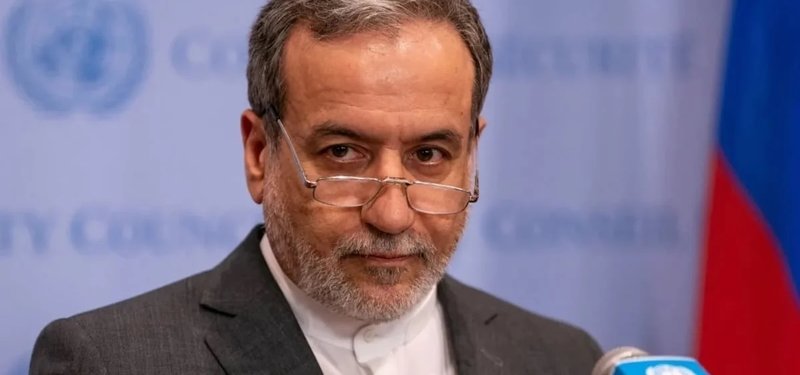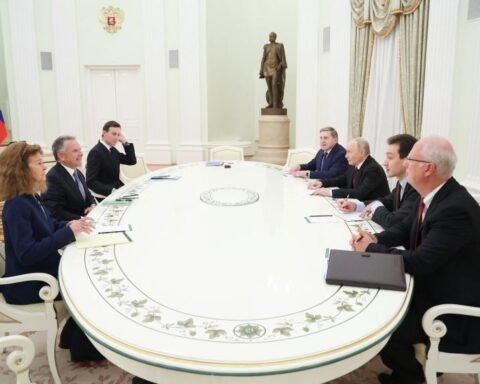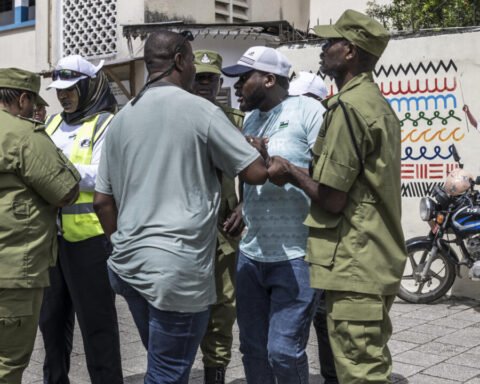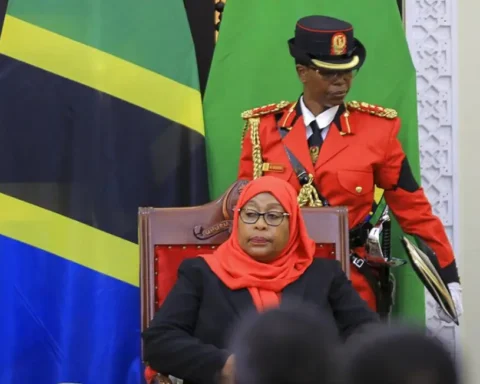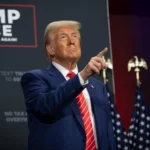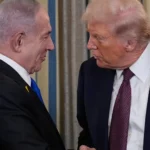As diplomatic tensions reach a boiling point in the Middle East, Iran has made it clear that it will not resume negotiations with the United States without ironclad assurances of national security and protection from further military aggression.
Iranian Foreign Minister Abbas Araghchi delivered the firm message in an interview with CBS Evening News, countering recent statements by President Donald Trump suggesting that nuclear talks could resume within days.
“We do not shut the door to diplomacy,” said Araghchi, a seasoned nuclear negotiator. “But no country can engage in talks under the threat of bombs. We need guarantees — not promises.”
The comments follow a major escalation on June 21, when strategic military strikes believed to be carried out by Israel — with support from the U.S. — targeted Iran’s sensitive nuclear sites in Fordow, Natanz and Isfahan. Tehran claims the attacks were coordinated efforts to sabotage its civil nuclear energy program.
The renewed hostilities have thrown a wrench into efforts to revive the Joint Comprehensive Plan of Action (JCPOA), the landmark 2015 nuclear deal signed between Iran and six world powers: China, France, Russia, the United Kingdom, the U.S., and Germany, with oversight from the European Union.
The Trump administration unilaterally pulled out of the JCPOA in 2018, reimposing tough economic sanctions on Iran. Since then, tensions have escalated steadily, and although President Trump has signaled openness to renewed talks, Tehran is demanding what it calls “verifiable commitments.”
The United Nations has expressed concern over the rising stakes, urging both nations to act with restraint. UN Secretary-General António Guterres released a statement calling for a “return to diplomacy and respect for international law.”
Meanwhile, Russia and China, both current allies of Iran and original signatories of the JCPOA, have called for an independent investigation into the airstrikes and pressed for unconditional resumption of the nuclear dialogue.
Also Read; UK to Open Satellite Diplomatic Office in Dodoma
In response, Iran’s parliament has called an emergency session, with lawmakers urging the government to halt all cooperation with international nuclear watchdogs like the International Atomic Energy Agency (IAEA) unless the attacks are condemned and accountability is pursued.
U.S. State Department officials, speaking anonymously, maintain that Washington is not seeking war, but emphasized that Iran “must come back to the table without unrealistic demands.”
One diplomat told reporters: “We believe diplomacy is still the best path forward. But Tehran must demonstrate seriousness, not ultimatums.”
Geopolitical analysts warn that any misstep could ignite a larger regional conflict involving Gulf states, NATO allies, and possibly even draw in non-state actors such as Hezbollah or Houthi rebels in Yemen.
“We are in a precarious phase,” said Dr. Farid Mahmoudi, an expert in international diplomacy. “What happens in the next few days could shape the security architecture of the Middle East for years to come.”
For now, Iran insists its national dignity and safety must be respected before any diplomat sets foot in Vienna or Geneva — two cities previously used for high-level nuclear talks.

